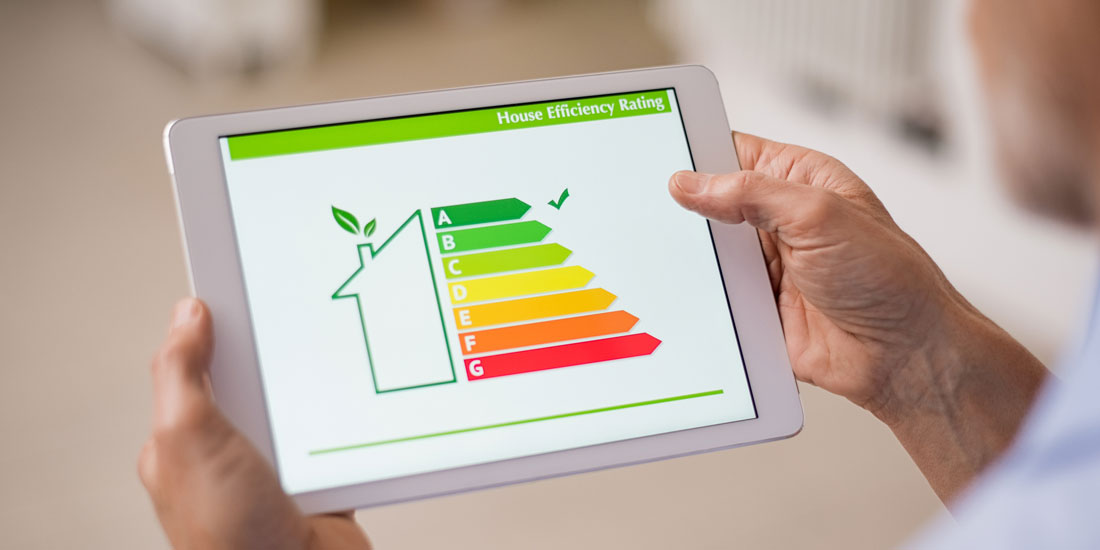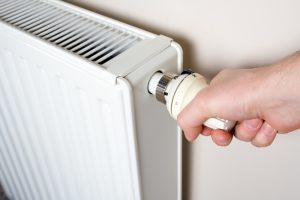Policy and practice should be evidence-based. Our social and technical research advances the existing body of knowledge on fuel poverty, domestic energy issues and assesses the impacts of interventions. Our advocacy work ensures that the needs of people in fuel poverty are recognised and addressed by Government, the industry, and regulatory bodies.
Energy markets and vulnerability
We work extensively with the industry, Ofgem, Ofwat and the Utility Regulator in Northern Ireland to ensure that the energy market works for fuel-poor households. Our campaigning has helped secure key improvements.
Most recently NEA has worked hard with the UK Government to improve the accessibility of supplier-led schemes. As a result, the Warm Home Discount and Energy Company Obligation supplier obligation thresholds have reduced, with smaller suppliers carrying obligations to deliver these programmes. There are new quality standards for energy efficiency installations. NEA has helped ensure Ofgem and the UK Government support low-income consumers that face key barriers engaging in the energy market. Our policy advocacy has ensured Ofgem commit to key actions to reduce self-disconnection and wider actions within their Consumer Vulnerability Strategy 2019. Our policy work and research reports have also ensured Ofgem committed to the extension of Fuel Poor Network Extension Scheme to 2025, introduced a new “use it or lose it” allowance and new vulnerability licence conditions for Gas Distribution companies, meaning more consistent treatment of customers.
Energy efficient housing
NEA has been at the forefront of calls to ensure improving the energy efficiency of homes is regarded as the best way to end fuel poverty and reduce emissions. In 2019 NEA helped ensure all the manifestos of each of the main political parties made major cross-party commitments to end fuel poverty by dramatically improving energy efficiency in homes. NEA has also championed the need for maintaining investment in Wales. Our Energy Justice Campaign has also enjoyed continued success with the announcement of a fourth extension to the Northern Ireland Sustainable Energy Programme (NISEP) until March 2023. Whilst there are national energy efficiency schemes elsewhere, England is currently without one. Securing a new treasury-funded scheme to complement current programmes remains one of our leading advocacy priorities.
Improving health
NEA has helped secure institutional awareness for the health impacts of living in a cold home and how these can be addressed through preventative health-related fuel poverty schemes. Despite very limited funding we have built cross-sector capacity across national and local government, the NHS, industry, and the voluntary and community sector on how cold-related ill health can be addressed. We also raised awareness of households who were unable to cope during the ‘Beast from the East’ cold snap. As well as extensive media coverage, this resulted in the Government allowing more boiler repairs and replacements, the Welsh Government introducing grants of up to £120 to enable vulnerable people to pay for emergency repairs to central heating boilers and NI Public Health Agency building on their work to reduce necessary hospital admissions via home energy checks. Our research reports have also been instrumental in establishing the first ever Cross-Departmental Health Working Group aiming to end cold-related ill health by better aligning policies relating to energy, housing and health.
Technology and innovation
As well as informing the future design and delivery of services to vulnerable customers through the GB smart meter roll-out, NEA has been leading the way in highlighting how network innovation projects can have a significant role in supporting vulnerable customers and facilitating a more efficient energy system. We recently delivered our (circa £5m) Technical Innovation Fund of 44 projects which installed and evaluated the performance of innovative heating, control, and insulation measures in fuel-poor homes. Insights from this fund help us to advocate for future innovation, allowing us to influence the low carbon agenda to benefit fuel poor households and communities.





